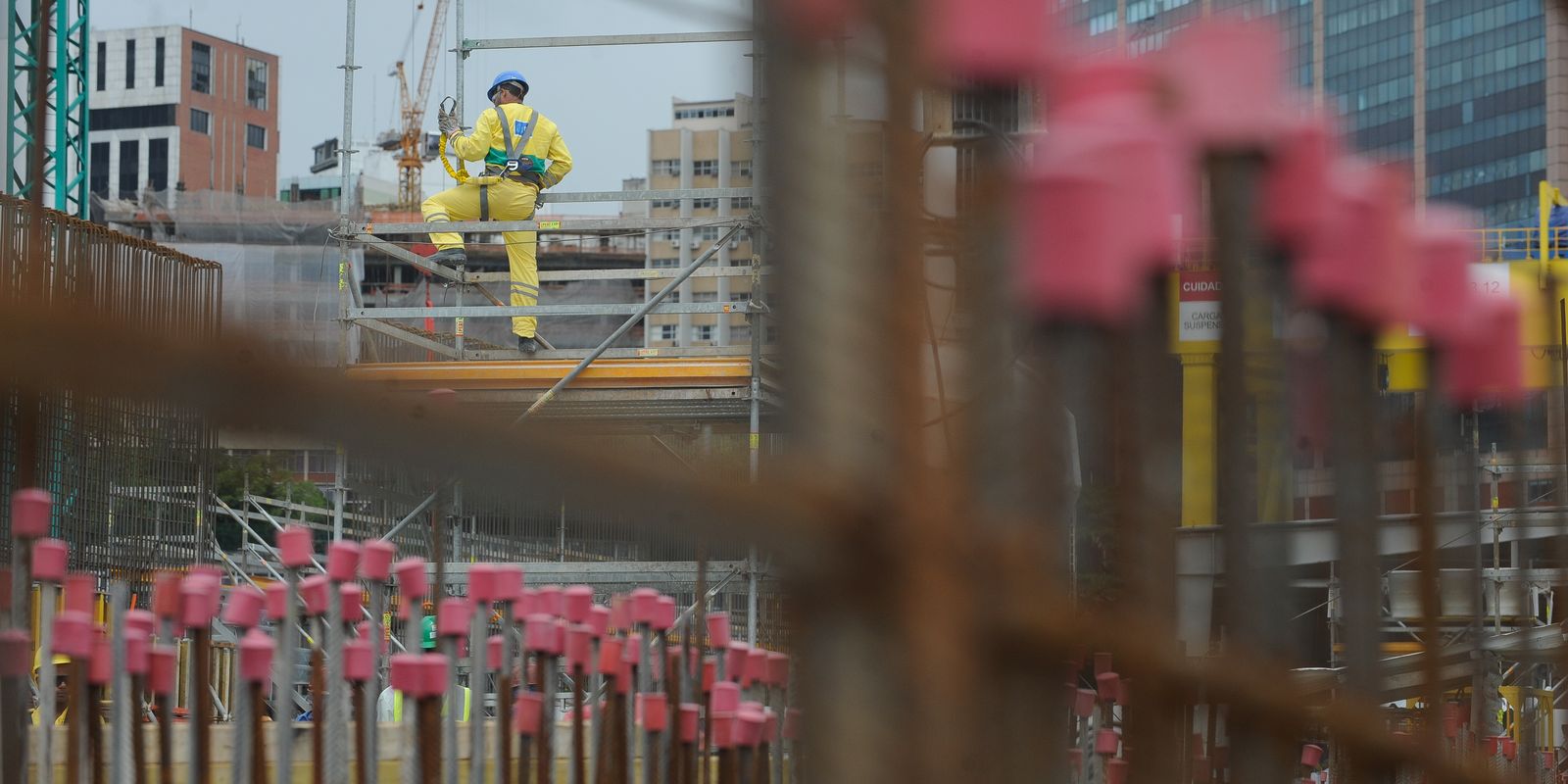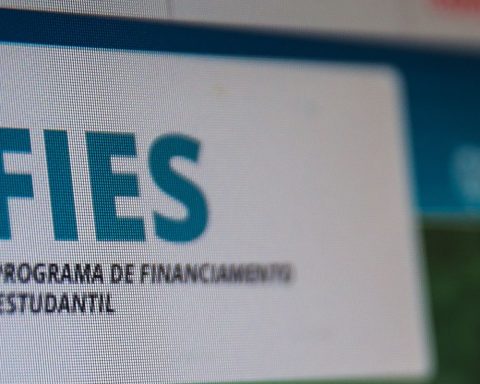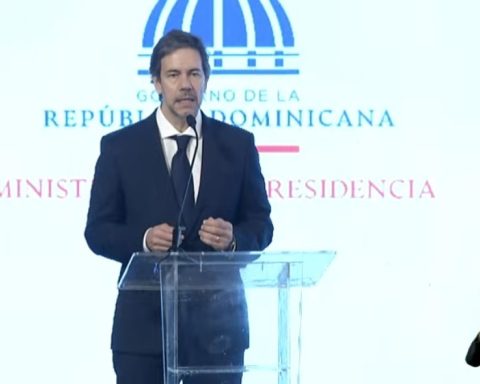The supplementary bill regulating tax reform, which is currently being processed by the Senate’s Economic Affairs Committee (CAE), could undergo a new change that could force the text back to the Chamber of Deputies. The government and the real estate sector are opposed to the new system of taxation on the sale of real estate by companies.
The bill establishes that sales of new properties by companies, known as incorporations, will have a reduced rate of 40%, which will be equivalent to 16.78% of the Value Added Tax (VAT). The calculation takes into account the standard rate of 27.97% calculated by the Ministry of Finance after the text was approved by the Chamber of Deputies. Sales of properties by individuals will continue to be untaxed, as is currently the case.
The real estate sector is critical of the changes. According to the Brazilian Chamber of the Construction Industry (CBIC), the average tax burden on the segment is between 6.4% and 8%. CBIC and other entities in the sector, such as the Brazilian Association of Real Estate Developers (ABRAINC), are advocating increasing the standard rate reducer from 40% to 60%, which would reduce the VAT rate to 11.98% and, according to the sector, would have a neutral impact on the sector.
The economic team, however, states that the 16.78% effective tax rate in the current text will not always reflect the final tax burden. This is because there will be a social reduction of R$100,000 on the taxed amount, which will reduce VAT for affordable housing.
The Ministry of Finance also clarifies that the tax will not be levied on the entire value of the property, but on the difference between the cost of sale and the value of the land. In the case of purchasing several properties for the construction of a building, the sum of the values of the properties will be deducted from the tax.
The reservations did not convince the real estate sector. At a hearing at the CAE, at the end of August, the president of Abrainc, Luiz Antonio França, defended not only the increase of the reduction, but a transitional regime that preserves the current tax burden for projects started before the VAT came into effect.
Different calculations
The economic team and the sector disagree on the cost calculations. According to the Ministry of Finance, the new tax system will reduce the costs of a new affordable property (valued at R$200,000) by 3.5%. However, a new high-end property worth R$2 million will be 3.5% more expensive. The ministry emphasizes that the reform aims to establish progressive taxation, reducing taxes for the poorest population and increasing them for the richest.
The construction companies counter the argument. According to Cbic, the Minha Casa, Minha Vida program, whose properties will fall in price, corresponds to only 15% of the sales value in the real estate market, despite the housing program registering record execution.
The Brazilian Real Estate Market Association (ABMI) has presented calculations of the VAT to be paid according to the property value ranges. According to projections, the tax burden will increase by the following percentages:
• 15.4% higher for properties worth R$240,000;
• 30.7% higher for properties worth R$500,000;
• 48.8% higher for properties worth R$1 million;
• 51.7% higher for properties worth R$2 million;
• 68.7% higher for subdivisions;
• 55.12% higher real estate brokerage costs;
• 58.6% higher property management costs;
• 136.22% in rental operations.
In the case of rental operations, ABMI is calling for an 80% reduction in VAT. According to the entity, a rate of 5.59% would guarantee a neutral impact of the tax reform.
Efficiency gains
The Ministry of Finance refutes the arguments. The economic team emphasizes that the new tax system will allow the reduction of taxes levied on inputs throughout the production chain. Only the profits of construction companies will be taxed, with the company recovering the tax credit levied on all administrative expenses, such as accounting, electricity, office supplies, internet and others.
The main argument, however, concerns efficiency gains in the construction sector. This is because the tax reform will allow the segment to adopt more efficient construction methods, which are not currently used because they are more taxed. These technologies can also be fully deducted from tax credits and, according to the Treasury, will benefit more expensive properties.
“With this productivity gain, it is almost certain that the price of even new high-end properties will be reduced in relation to the current situation. In other words, the new model will benefit mainly affordable properties, but it will also be positive for high-end properties,” the ministry highlighted in a note issued in July.
International consultant specializing in VAT, Melina Rocha helped the government draft the complementary bill. At the public hearing at the CAE in late August, she said that the rental sector will have a specific tax regime. Regarding the sector’s calculations, she said that the government used a broader sample than that of real estate entities. “The sector’s calculations are well-prepared, but they do not reflect the national sample,” she stated at the time.
Postponement
Pressure from the real estate sector and other sectors could lead to the postponement of the regulation of the tax reform. This is because the complementary bill will have to return to the Chamber of Deputies if the text is changed.
The increase in the reduction, however, may have a side effect. The expansion of sectors with special treatment may lead to a new increase in the standard VAT rate. This is because the benefit for one segment is offset by the other sectors of the economy.
The decision of the Chamber of Deputies to expand the list of products exempt from basic basket caused the Ministry of Finance to raise the estimated VAT rate from 26.5% to 27.97%. With this decision, Brazil now has the highest rate in the world for this type of tax, surpassing that of Hungary, which charges 27%.

















